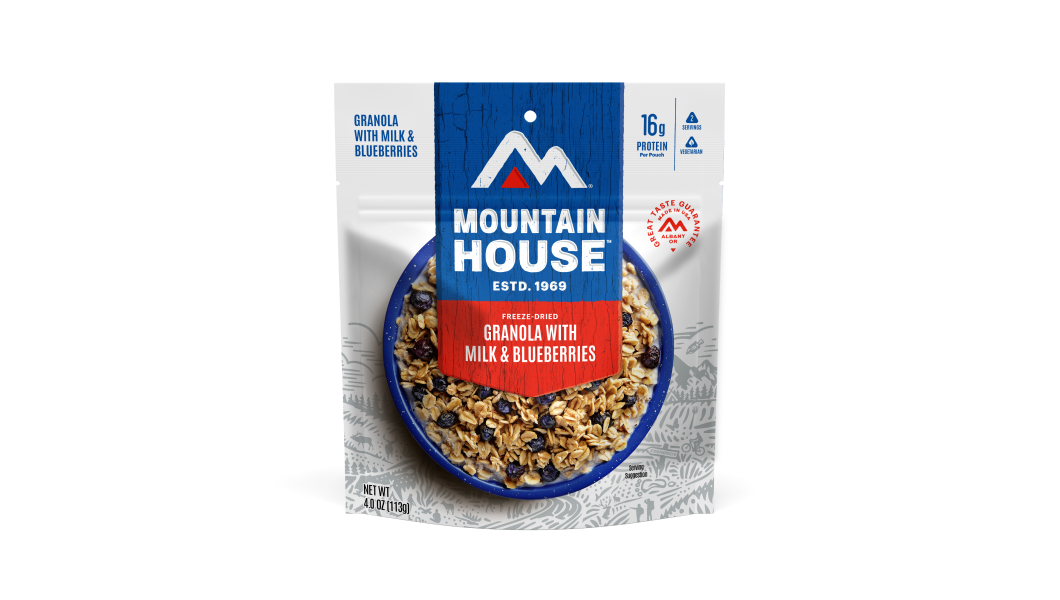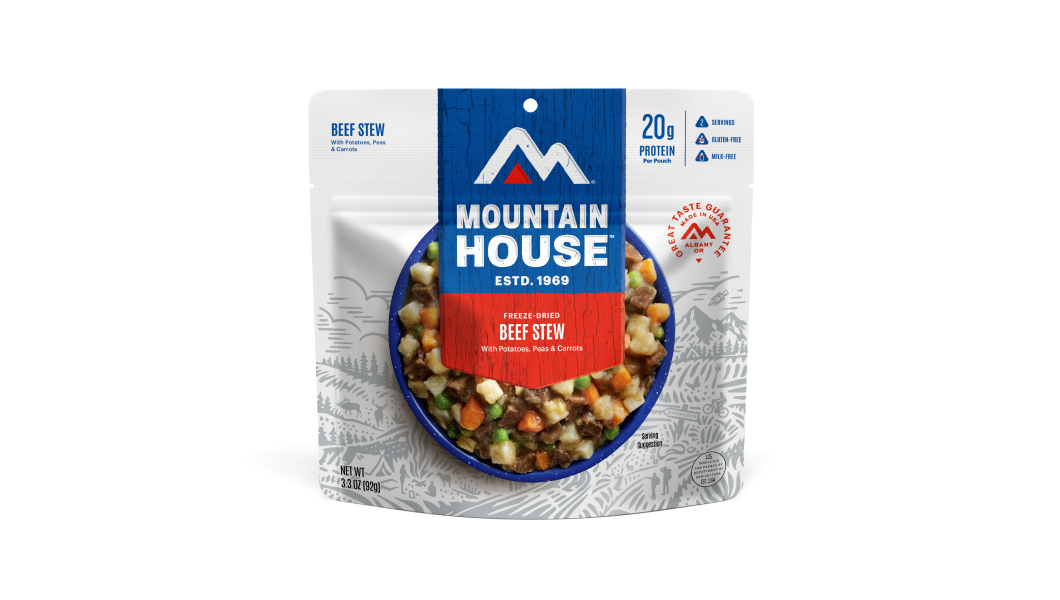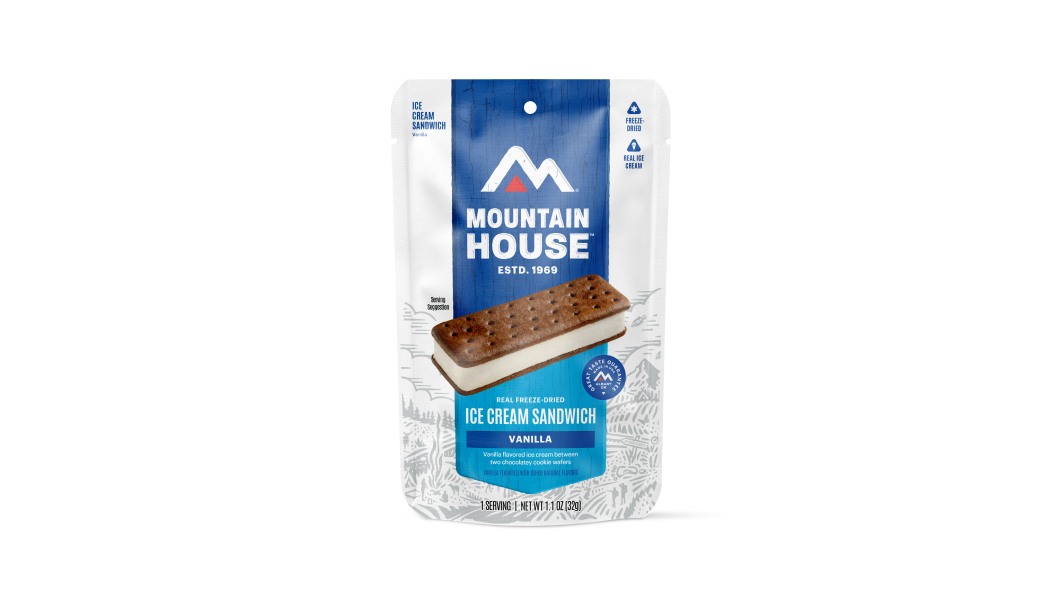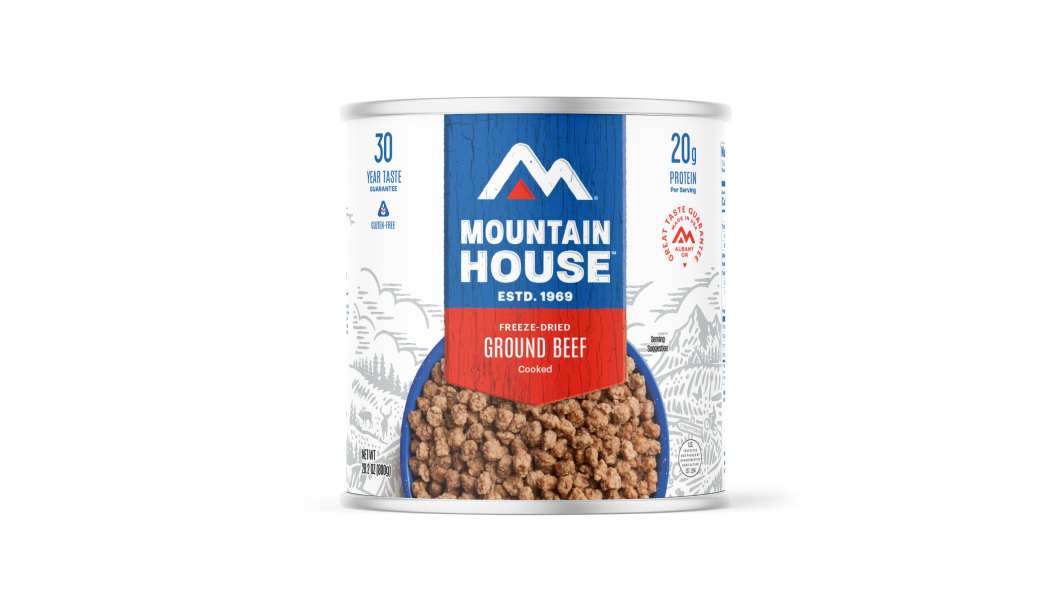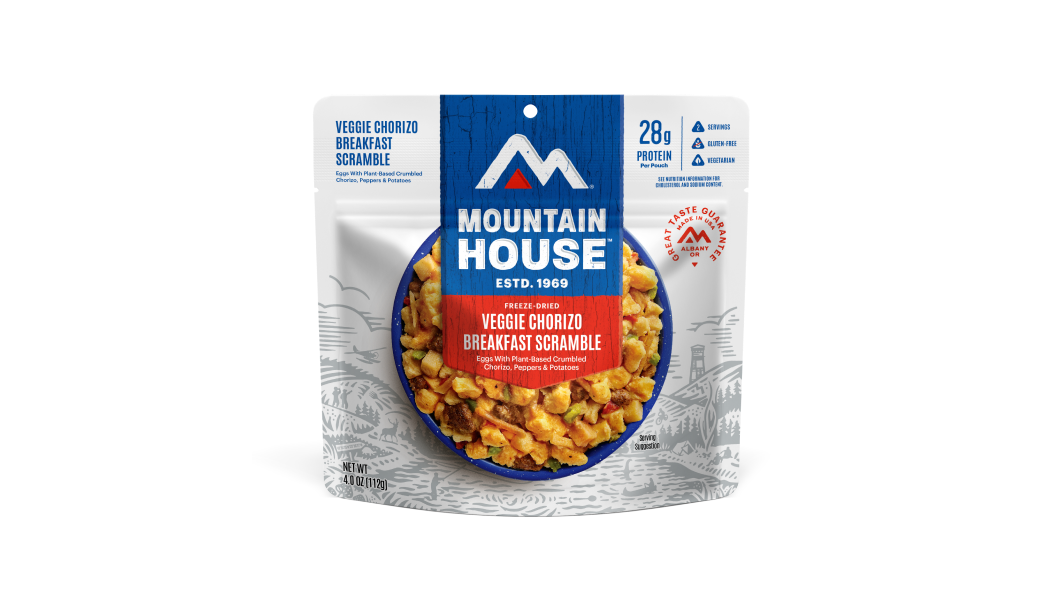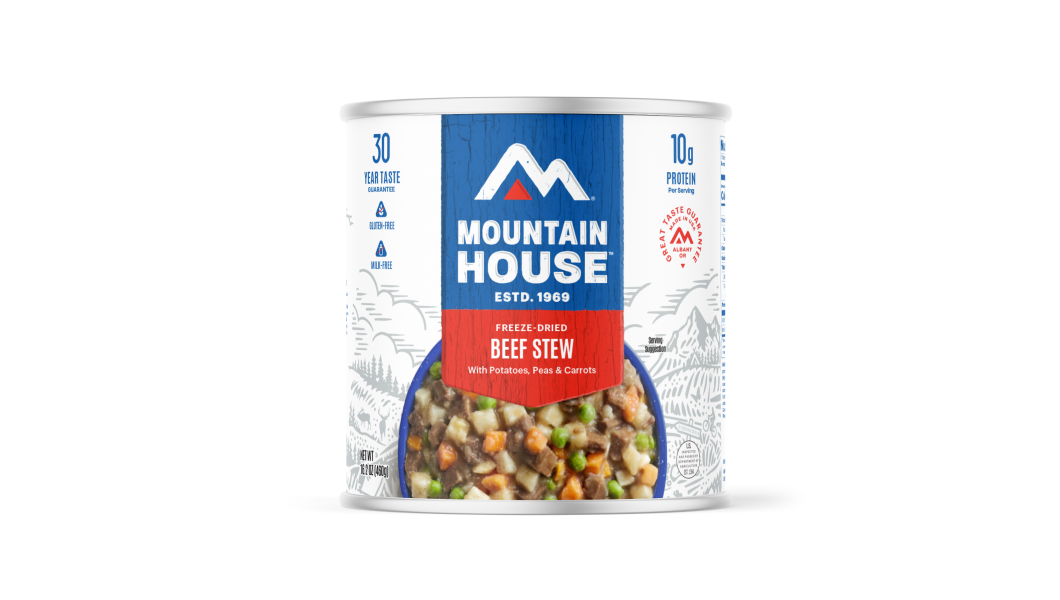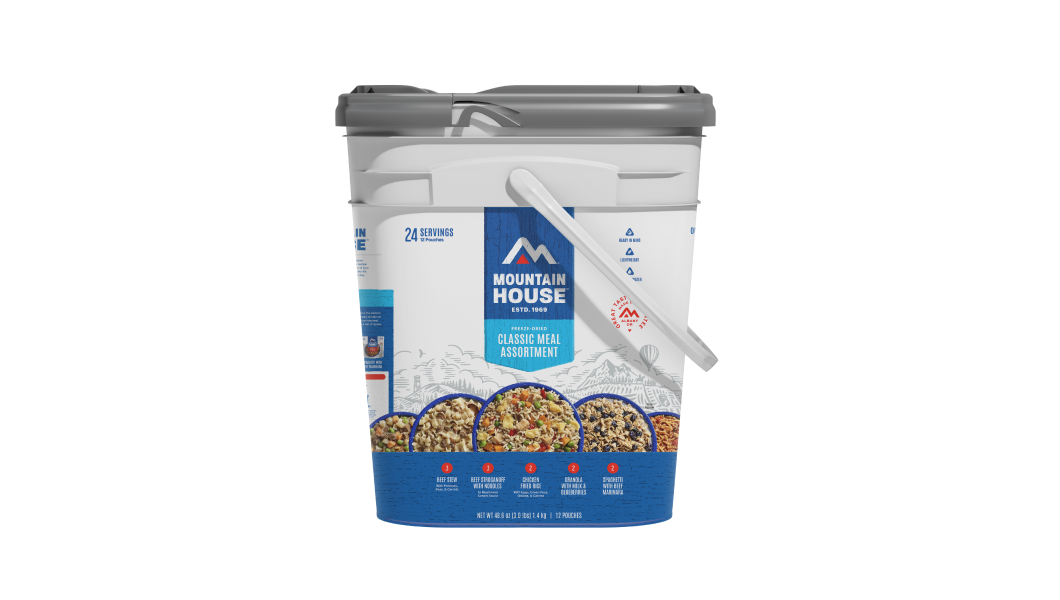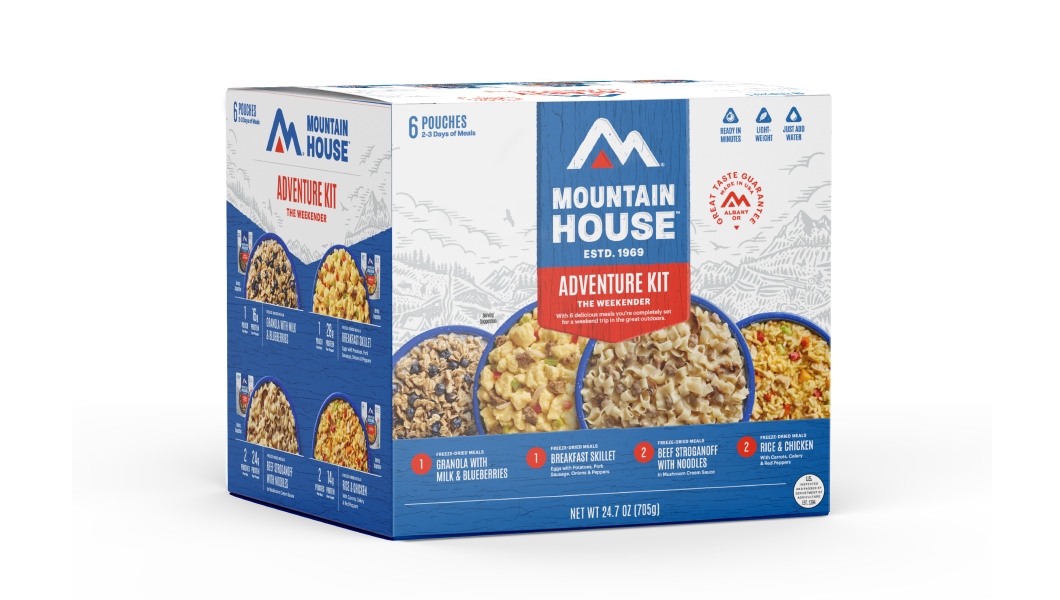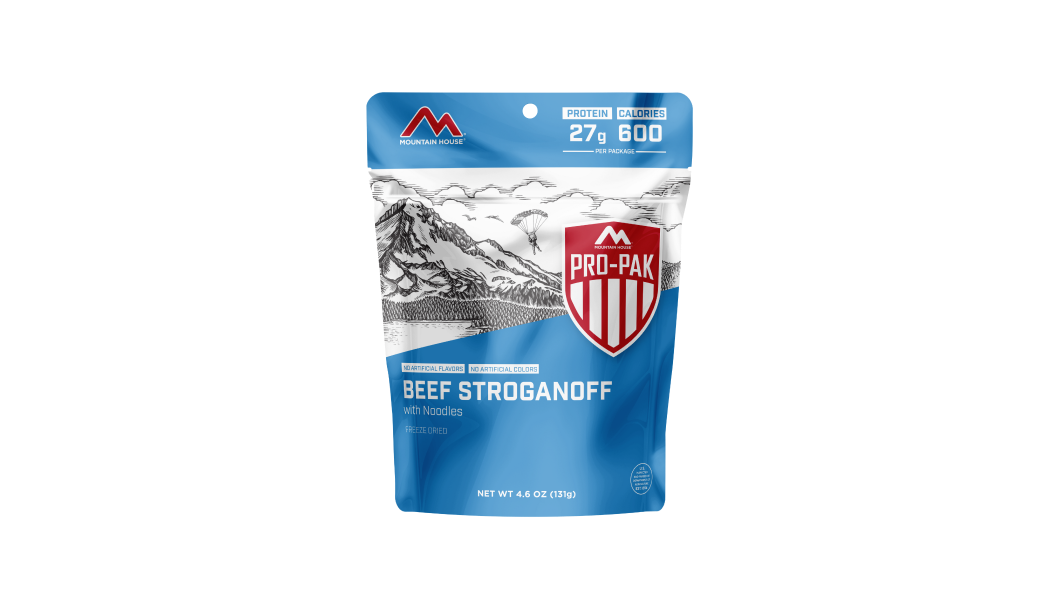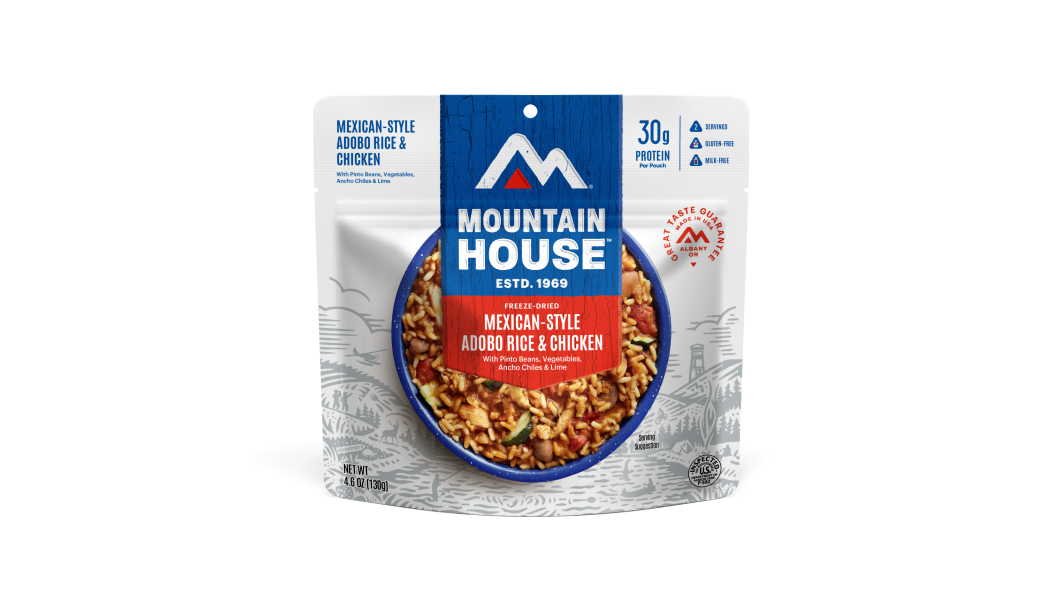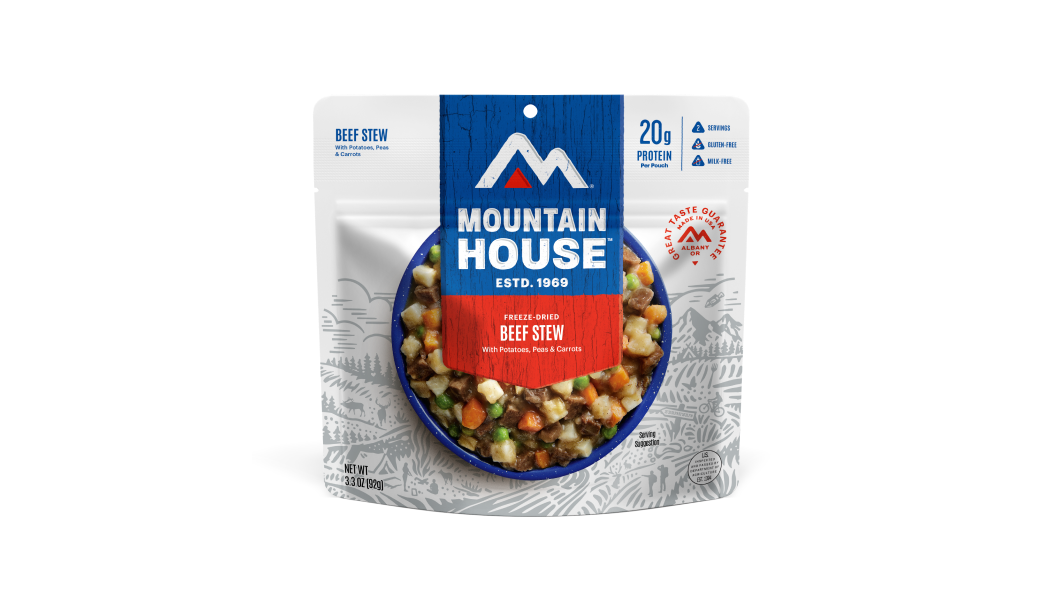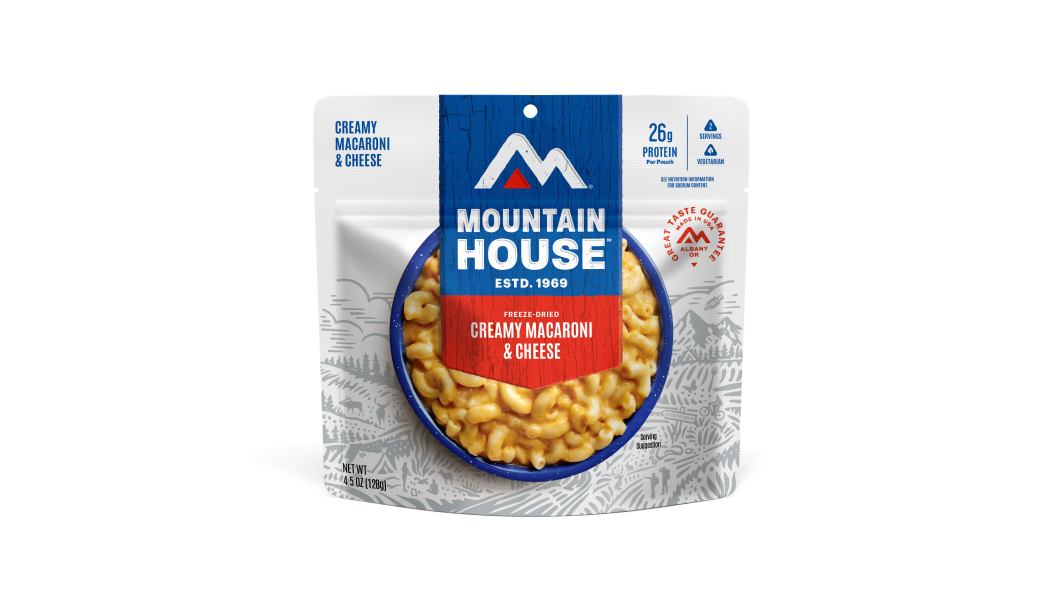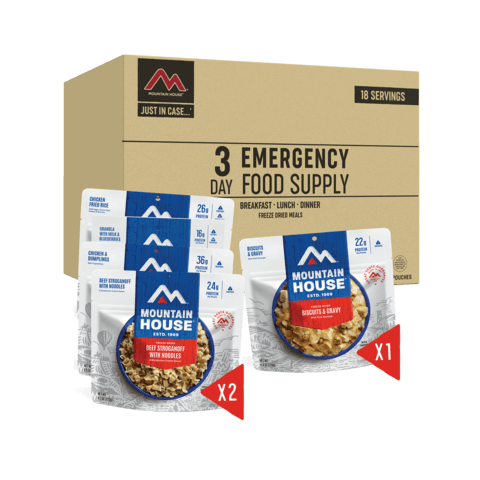Inspired for an Adventure? Check out Beef Stroganoff - Pouch and Beef Stew - Pouch
Free Ground Shipping On All Orders
Over 2,100 Reviews
Add description, images, menus and links to your mega menu
A column with no settings can be used as a spacer
Link to your collections, sales and even external links
Add up to five columns
Add description, images, menus and links to your mega menu
A column with no settings can be used as a spacer
Link to your collections, sales and even external links
Add up to five columns
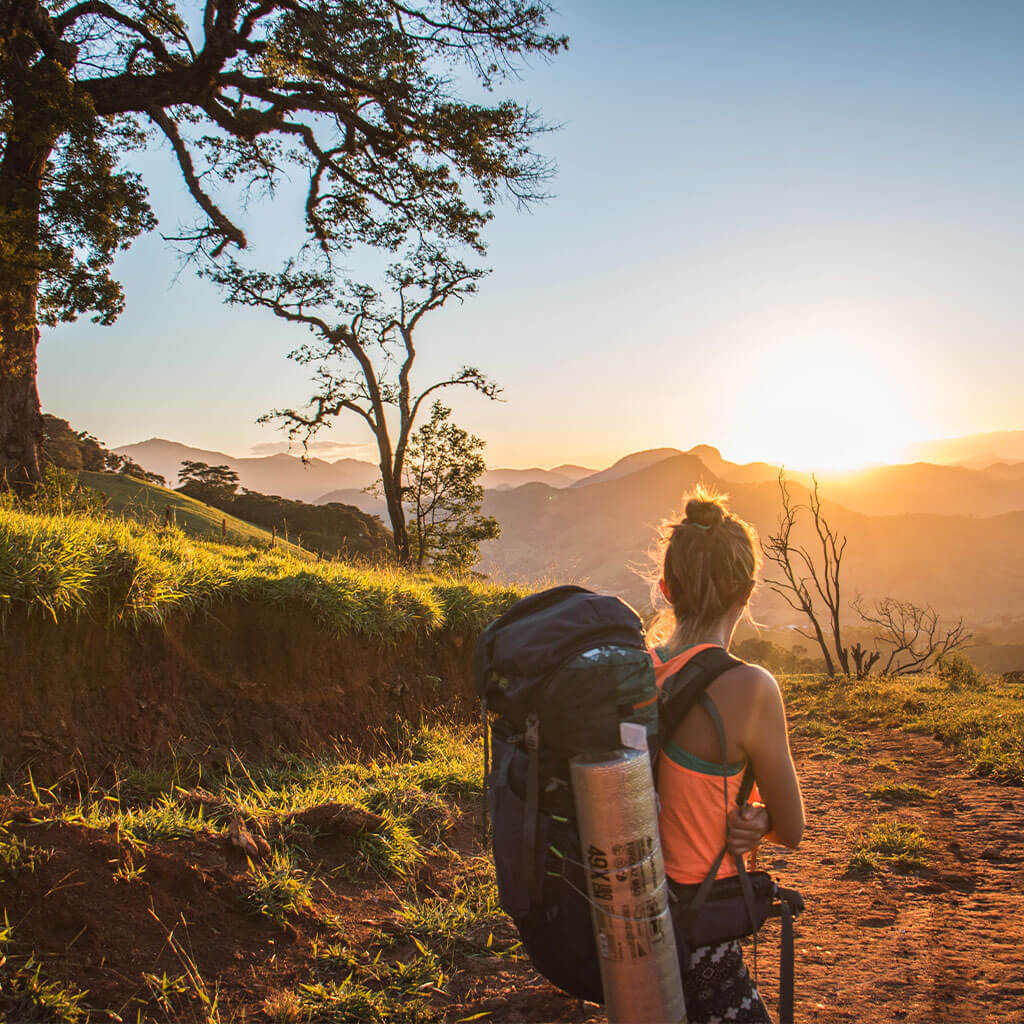

Even the most experienced backpackers know that staying nourished, energized, and, most of all full can be a real challenge. That’s why it’s imperative to plan ahead by bringing foods along with you that are wholesome and easy to prepare. Here are some of our top culinary tips that will help you make your camping trip that much healthier, tastier, and more satisfying.
Here are a few tips to think about when it comes time to pack for overnights on the trail.
Cheese, a High-Calorie Powerhouse
If your diet allows, cheese is the holy grail for high-fat, high-calorie, high-calcium goodness. Go for semi-firm, firm, or aged varieties, like Manchego or Cheddar, as they will keep fresh for longer in your backpack.

‘Just Add Water’ Options
Freeze-dried meals have come quite a long way in recent years. In fact, many include breakfast, lunch, and dinner options that can be prepared simply by adding water (ask us how we know ... ). For a simple yet full meal, grab a pouch and heat up some water. Having a variety of food on the trail makes sure you feel great and keep going no matter the length of the trail.
Think Lightweight
Because you don’t want your food to add too much weight to your pack, it’s key to bring as many lightweight options as possible. Some of our favorites include nut butters (almond and cashew are the best high-calorie options), foil pouch meat (like protein-dense tuna or salmon), and dried fruit (banana chips offer the highest amount of calories and potassium).

Backup Food Supplies
Preparing for the worst is what sets the experienced backpacker apart from the novice. And, because the most rewarding treks tend to be in the most remote locations, it’s important to keep both you and your fellow campers safe. That’s why it’s important to carry along a hearty backup food supply. Freeze dried meals are the best bang-for-buck backup food source you can bring. Always bring at least another day’s worth of food if you’re going into the backcountry.
More Hiking Food Packing Tips
Looking for even more tips? Check out our handy infographic!
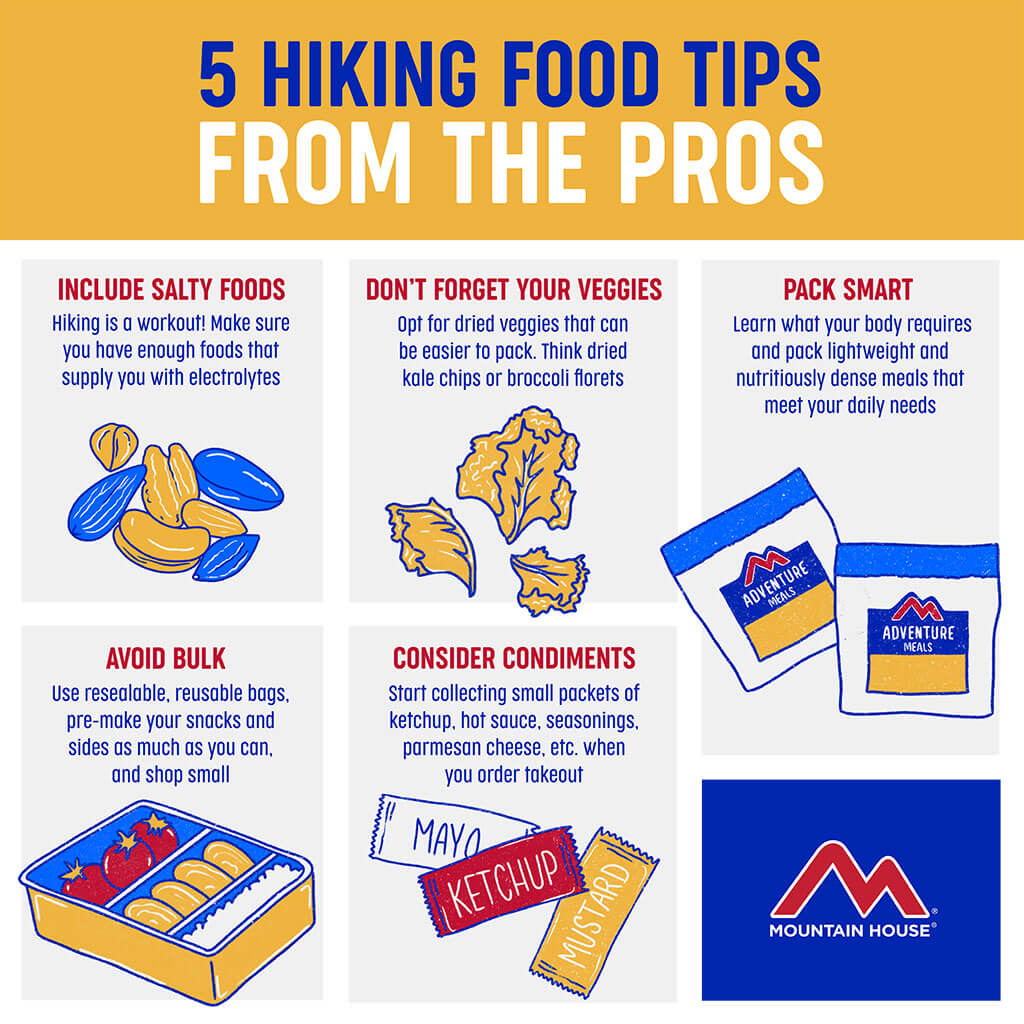

How to Hike Safely in Winter & Cold Weather

5 Wilderness Survival Situations: Skills and Strategies to Stay Safe


Stay Hungry for Adventure
Sign Up for Delicious Outdoor Meals & Exclusive Offers!
By clicking ‘Join Now’, I agree to the Terms of Service and Privacy Policy.


Join the adventure
©2026 Mountain House — All Rights Reserved.
Your Cart is Empty
Continue ShoppingYour Cart
Subtotal
$0.00
EXPRESS PAYMENT METHODS AVAILABLE IN CHECKOUT
Taxes and Shipping Calculated at Checkout
Your ExpertVoice deal.
$[Deal Price]
$[Original Price]
Discount applied at checkout.
On sale now — lower than your ExpertVoice discount.
Not eligible for ExpertVoice discount.
